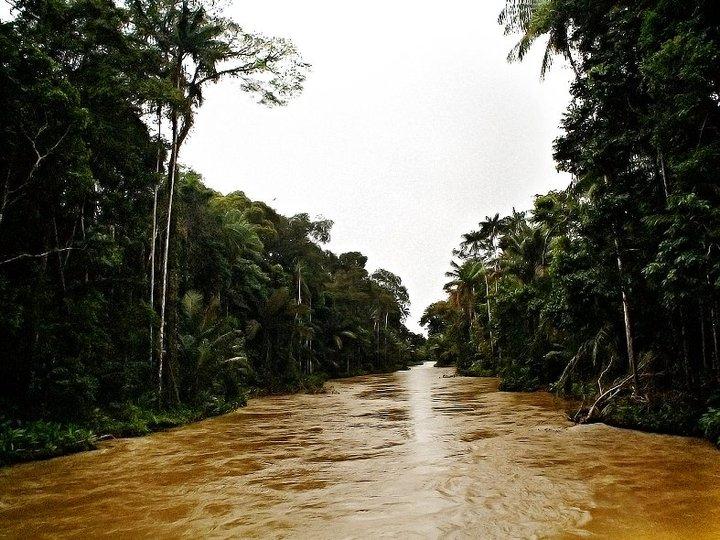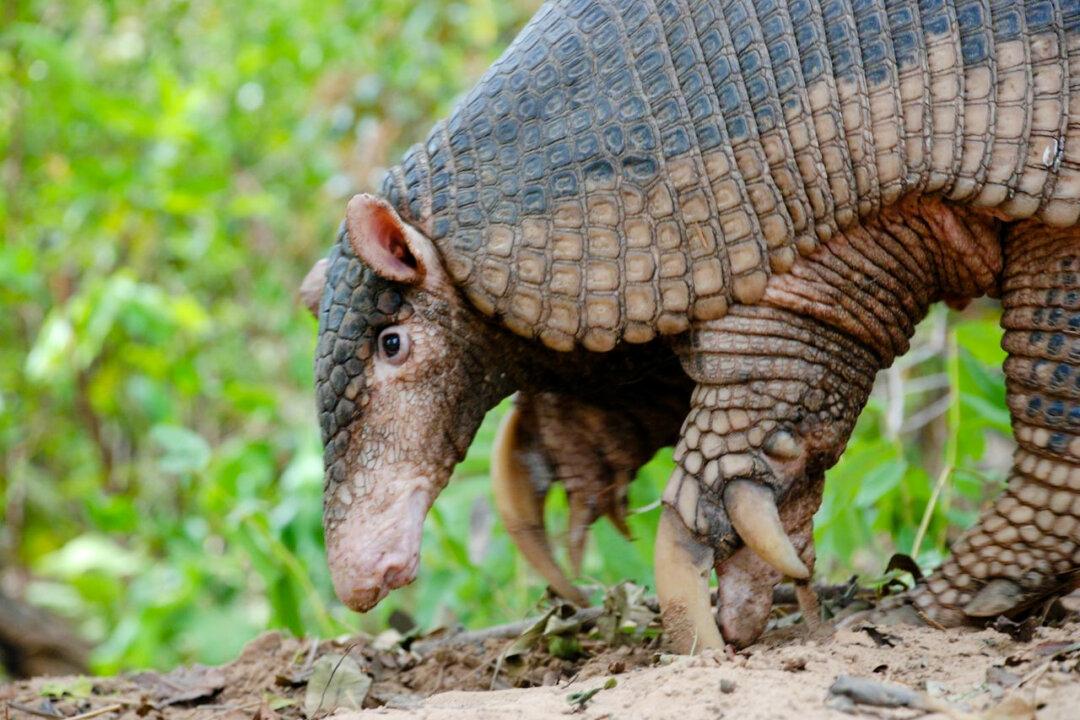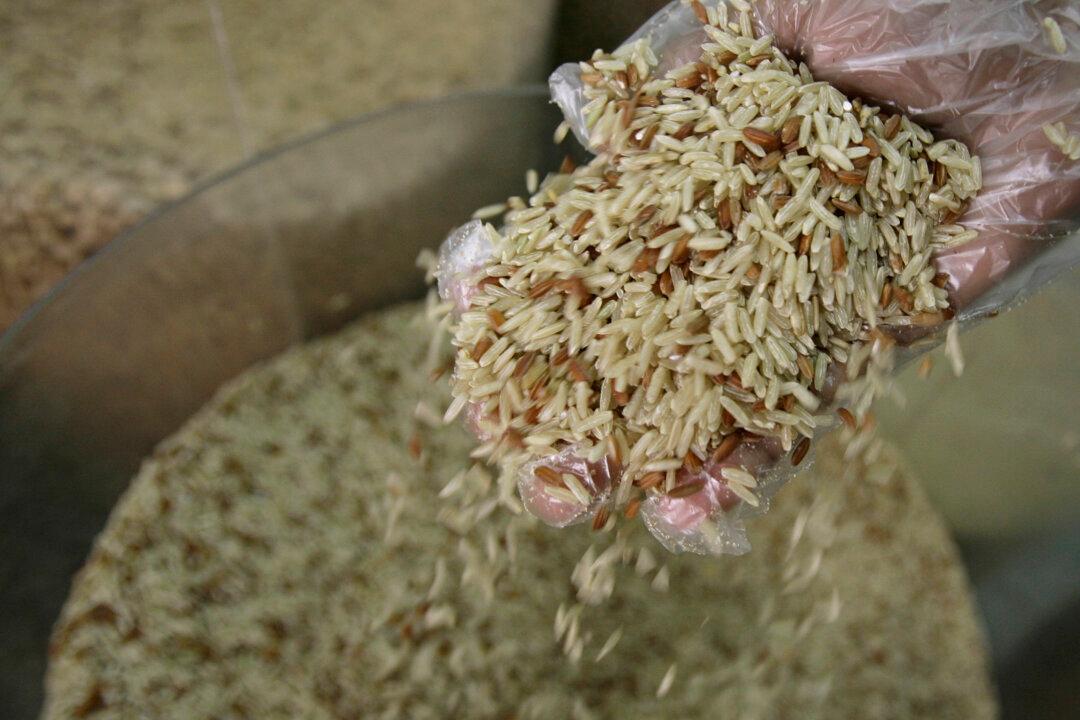Brazilian President Vetoes Parts of New Forest Code
Brazilian President Dilma Rousseff vetoed nine items on the provisional measure passed by the Congress to alter the new Forest Code.

Amazon is set to open Australian headquarters to attract more customers in the Asia-Pacfic region. Emmanuel Dunand/AFP/Getty Images
|Updated:





